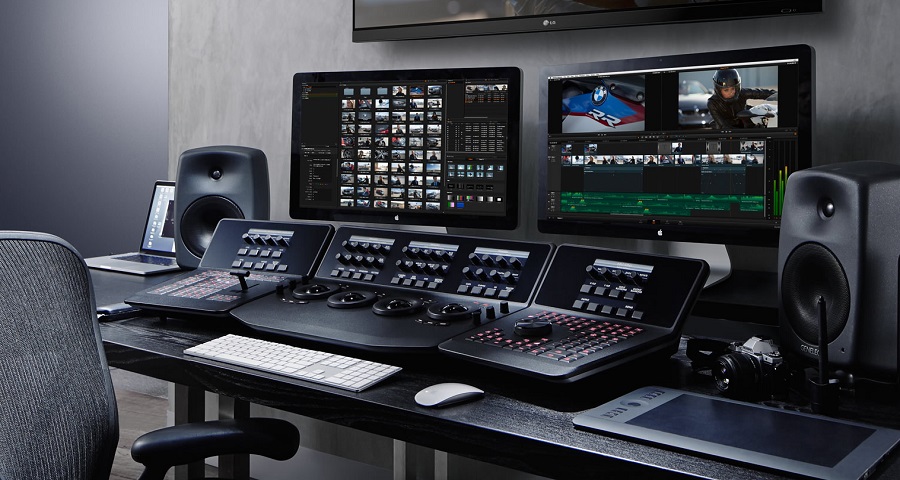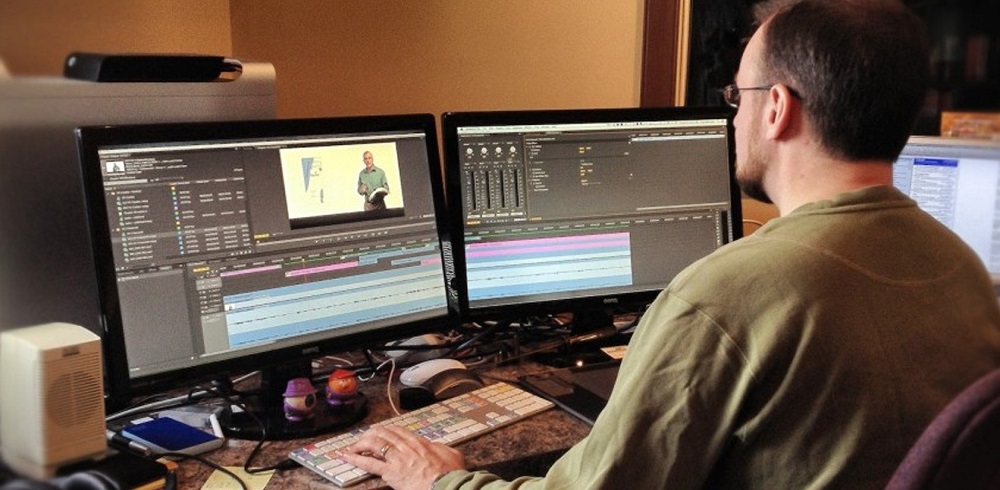Advantages of Working as a Music or Sound Editor

The role of a music or sound editor is highly dynamic and creatively fulfilling. This profession offers the freedom to work on a variety of projects, from films and television to video games and podcasts. The advent of advanced digital tools has made remote work more feasible, allowing editors to collaborate with clients and teams globally. This flexibility in working environment and schedule can lead to a better work-life balance and access to a broader range of opportunities.
Key Knowledge for Setup
To excel in this field, a comprehensive understanding of sound editing software and hardware is crucial. Familiarity with tools like Pro Tools, Audacity, or Adobe Audition is necessary. Additionally, a keen ear for detail and a deep understanding of musical elements, such as rhythm, pitch, and harmony, are essential. Knowledge in acoustics and sound theory, along with an understanding of different audio formats, is also vital for delivering high-quality work. One of the successful works is considered to be the project: winfest casino, where every detail was voiced, each element has its own unique sound.
Sound Editing for Games
The demand for sound editors in the gaming industry is growing rapidly. This sector is particularly exciting due to its diversity and the opportunity to create immersive soundscapes that enhance the gaming experience. The profession requires not only technical skills but also creativity in crafting unique sounds that align with the game’s world and narrative. The prospects in this field are promising, with the continuous growth of the gaming industry globally.

Advantages and Disadvantages of a Sound Engineer
One of the main advantages is the opportunity for creative self-expression and work on various projects, be it a game or a winfest casino gambling project – everyone needs voice acting. However, the job can sometimes be isolating, especially in a remote setting. Keeping up with rapidly changing technology and software updates can also be challenging. The work often involves tight deadlines and may require irregular hours, depending on the project’s demands.
Prospects
The future for sound engineers is bright. With the ongoing expansion of digital media, there’s a growing demand for skilled professionals. The shift towards remote work has opened new avenues for collaboration and innovation in the field.
Conclusion
Being a music or sound editor in a remote environment poses unique challenges but also offers immense opportunities for growth and creative expression. The key to success lies in continuous learning, adaptability, and a passion for sound and music.
